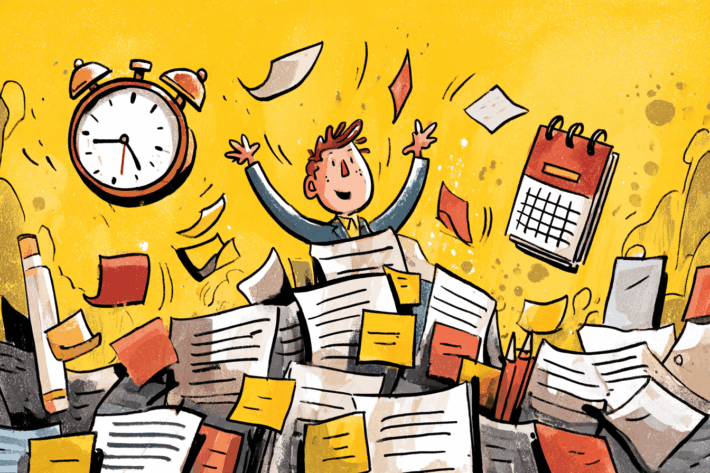In today’s fast-paced work environment, overcoming procrastination and inertia is a critical skill for professionals across all industries. Whether due to burnout, lack of motivation, or feeling overwhelmed, work slumps can hinder productivity and lead to missed deadlines and subpar performance. However, with the right strategies and mindset, individuals can transform their work habits and transition from procrastination to productivity. In this article, we will explore effective methods for combating common work slumps and fostering a more efficient and effective work ethic.
Understanding the Root Causes of Procrastination and Work Slumps
Procrastination can stem from a variety of factors, such as perfectionism, fear of failure, or a lack of clear goals. Recognizing the underlying reasons for procrastination is a crucial first step in overcoming work slumps. It’s essential to identify patterns or triggers that contribute to procrastination, whether it’s an aversion to certain tasks, a feeling of overwhelm, or a lack of interest in the work at hand.
Setting Clear and Attainable Goals
One of the most effective strategies for combating procrastination is setting clear and attainable goals. When individuals have a precise understanding of what needs to be accomplished, it becomes easier to prioritize tasks and take concrete steps towards completion. By breaking down larger projects into smaller, manageable tasks, individuals can make progress incrementally, reducing the likelihood of feeling overwhelmed.
Implementing Time Management Techniques
Effective time management is a key factor in overcoming work slumps. Techniques such as the Pomodoro method, time blocking, and prioritization can help individuals structure their time and allocate dedicated periods for focused work. By incorporating regular breaks and leveraging productivity tools and apps, individuals can enhance their ability to stay on track and maintain momentum throughout the workday.
Cultivating a Positive and Supportive Work Environment
The environment in which individuals work can have a significant impact on their productivity levels. Cultivating a positive and supportive work environment, whether in a traditional office setting or a remote work arrangement, can help combat feelings of isolation and disengagement. Regular communication with colleagues, seeking out mentorship or guidance, and fostering a sense of camaraderie can contribute to a more positive and motivating workspace.
Embracing Mindfulness and Stress-Relief Practices
Mindfulness and stress-relief practices can play a vital role in overcoming work slumps and promoting productivity. Techniques such as meditation, deep breathing exercises, and regular physical activity can help individuals manage stress and maintain a clear and focused mindset. By incorporating these practices into their daily routines, individuals can improve their ability to handle challenges and setbacks, ultimately enhancing their overall productivity.
Seeking Accountability and Feedback
Seeking accountability and feedback from peers, mentors, or supervisors can provide valuable support in overcoming work slumps. By sharing their goals and progress with others, individuals can hold themselves more accountable and receive constructive input to help them stay on track. Additionally, seeking feedback on their work can provide valuable insights and help individuals refine their approach, ultimately leading to improved productivity and quality of output.
Conclusion: Embracing a Productive Mindset
Transitioning from procrastination to productivity requires a combination of self-awareness, effective strategies, and a proactive mindset. By understanding the root causes of procrastination, setting clear goals, implementing time management techniques, cultivating a supportive work environment, embracing mindfulness practices, and seeking accountability and feedback, individuals can overcome common work slumps and develop a more efficient and productive approach to their work. With dedication and perseverance, individuals can transform their work habits and harness their full potential, achieving greater satisfaction and success in their professional endeavors.

